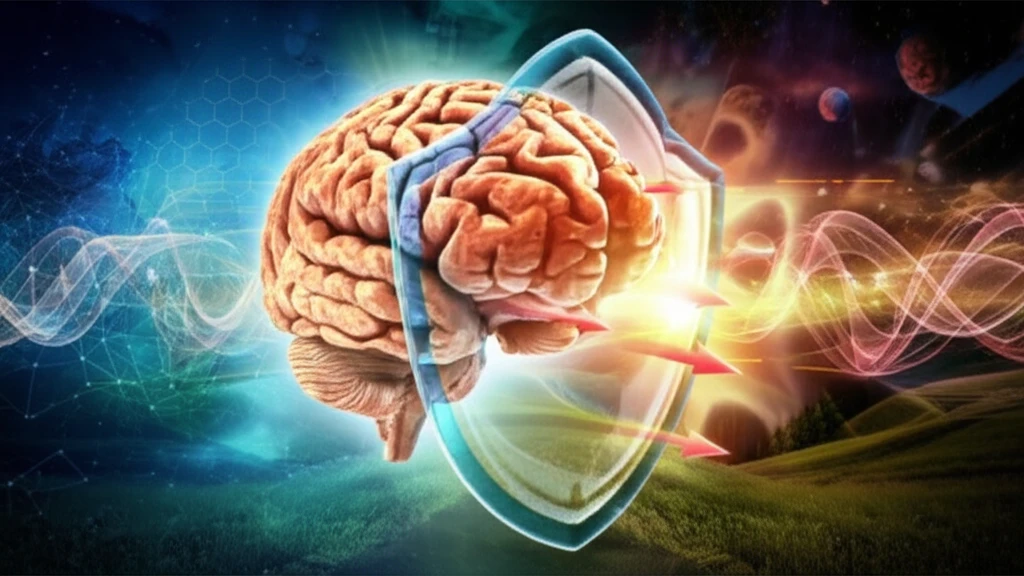
Palm Power: How Bioactives Can Protect Your Brain
"Unlock the neuroprotective potential of palm fruit bioactives and discover a natural way to combat brain inflammation and support cognitive health."
In our modern era, neurodegenerative diseases such as Alzheimer's and Parkinson's are escalating at a rapid pace, placing unprecedented pressure on healthcare systems and families. While genetics certainly play a role, a growing body of evidence suggests that chronic inflammation in the brain may be a significant catalyst.
But what if nature held a powerful answer? Scientists are now exploring the potential of palm fruit bioactives (PFB) to protect our brains from the damaging effects of inflammation. These natural compounds, extracted from the fruit of the oil palm, may offer a simple, accessible way to bolster your brain's resilience.
This article will dive into the exciting research surrounding palm fruit bioactives and their impact on brain health. We'll break down the science in an easy-to-understand way, revealing how these compounds work and what the future may hold for their use in preventing neurodegenerative diseases.
Understanding the Brain-Inflammation Connection

Inflammation isn't always a bad thing. It's the body's natural response to injury or infection, designed to heal and protect. However, when inflammation becomes chronic – a smoldering fire that never quite goes out – it can wreak havoc, especially in the delicate environment of the brain. This prolonged inflammation can damage neurons, disrupt communication pathways, and ultimately contribute to the development of neurodegenerative conditions.
- TNFα, RANTES, and IP-10: These are key inflammatory signaling molecules. When these are reduced, inflammation can be lowered.
- ROS: These species lead to oxidative stress.
- ICAM and VCAM: Reducing expression can improve outcomes.
The Future of Palm Fruit Bioactives for Brain Health
While more research is needed, the current findings offer a compelling glimpse into the potential of PFB as a neuroprotective agent. By targeting astrocyte activity, reducing inflammation, and combating oxidative stress, PFB may offer a multi-pronged approach to safeguarding brain health and delaying the onset of neurodegenerative diseases. As research continues, we can look forward to a future where natural bioactives play a central role in maintaining cognitive vitality throughout life.
